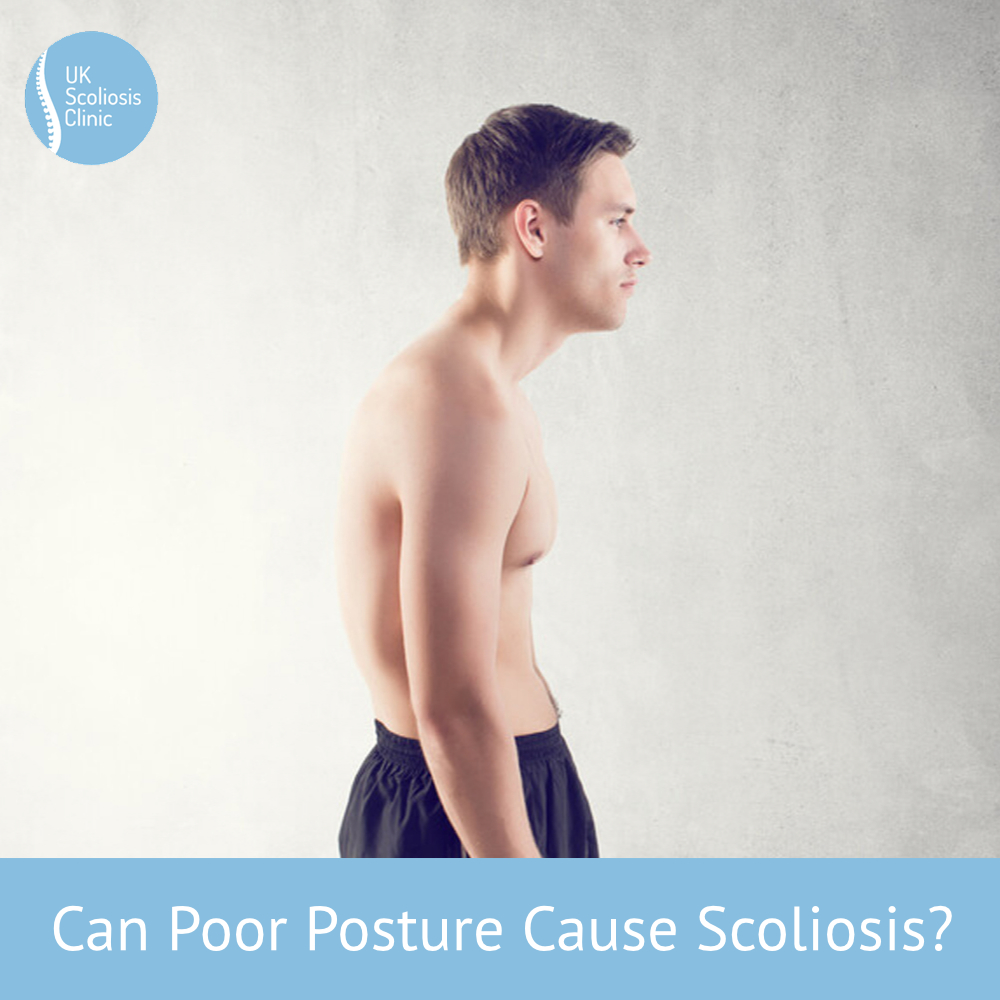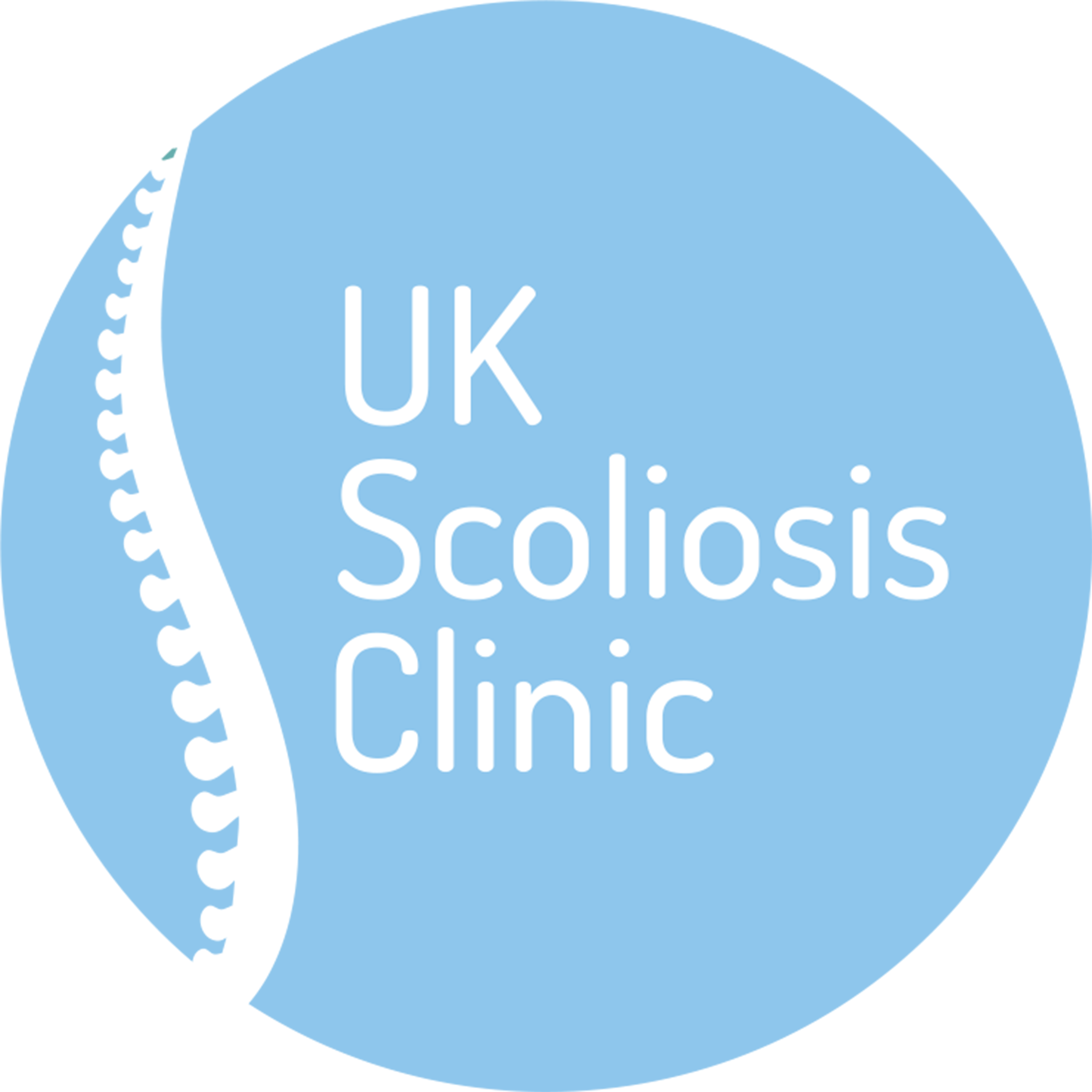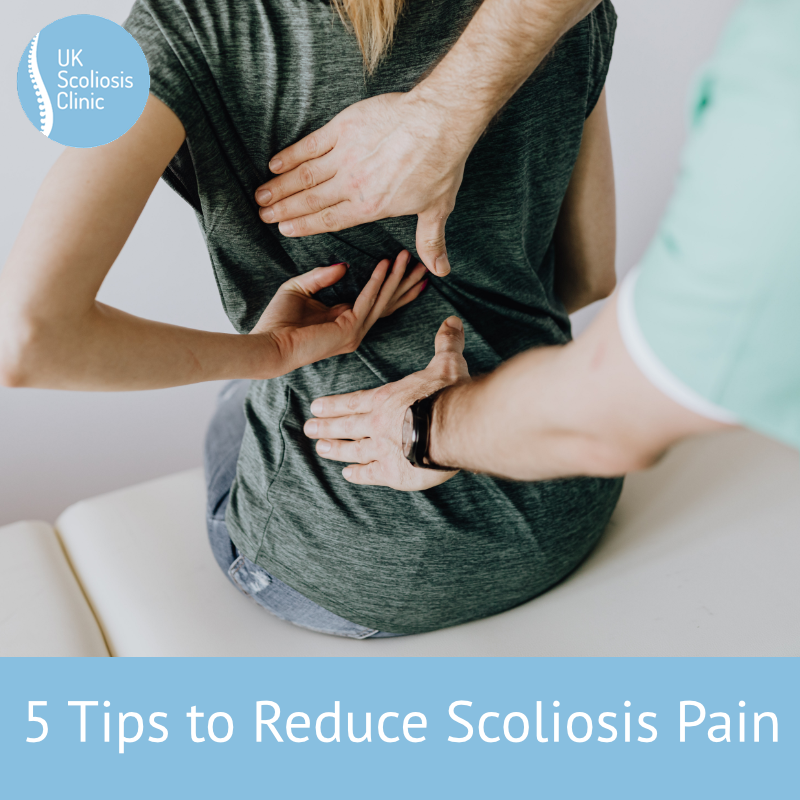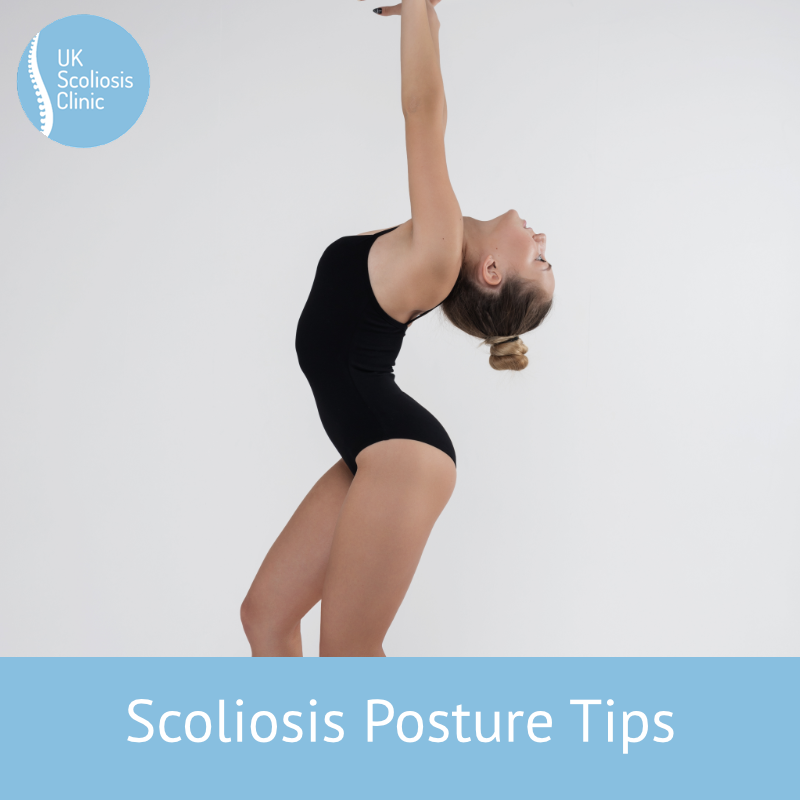
Scoliosis is a medical condition that affects millions of people worldwide. It is characterised by an abnormal curvature and twist of the spine, which can result in physical limitations and discomfort. While the exact cause of scoliosis is not fully understood, it is believed to be the result of a combination of genetic and environmental factors.
Can poor posture cause Scoliosis?
One of the environmental factors that is often associated with scoliosis is poor posture – people with scoliosis are often perceived as having poor posture, and many parents worry that poor posture can cause Scoliosis – but can it? The bottom line is no – poor posture does not cause Scoliosis. Poor posture is a common problem that affects many people worldwide – and it can be a painful issue though. Poor posture can be caused by a variety of factors, including muscle weakness, joint stiffness, and poor ergonomics – but while Scoliosis might cause someone to appear to have poor posture, there’s no evidence to show that poor posture will lead to Scoliosis.
When we have poor posture, our bodies are not in alignment, which can lead to a variety of health problems, including back pain, neck pain, and headaches. Poor posture can also cause our muscles and joints to work harder than they should, leading to fatigue and discomfort. That “hunched” appearance which used to be associated with teens but seems to apply to almost everyone these days is more characteristic of Kyphosis, rather than Scoliosis – and in extreme cases, poor posture might be caused by Kyphosis, but not Scoliosis.
Is there any relationship between Scoliosis and Poor posture?
Most Scoliosis research focuses on establishing the true cause of Scoliosis, and the best ways to treat it, so there hasn’t been much research into whether poor posture might contribute once the condition already exists. Therefore, while poor posture is not a direct cause of scoliosis, it might be a factor which could contribute to the progression of the condition. When we have poor posture, our spines are not in the proper alignment, which can cause our muscles and ligaments to become strained and weakened, it’s feasible that this might make it more possible for scoliosis to progress.
Many aspects of a Scoliosis treatment plan are aimed at creating balance and strength in the core muscles which support the spine, so while maintaining good posture is important for everyone, it’s fair to say that focusing on good posture is especially important for those with scoliosis. Good posture can help to alleviate some of the painful symptoms which some people experience with scoliosis at the very least.
Maintaining good posture
Scoliosis or not, you can only do yourself a favour by maintaining good posture – Here are some tips:
- Stand up straight: When standing, make sure your weight is evenly distributed on both feet, and your shoulders are relaxed.
- Sit up straight: When sitting, make sure your back is straight, and your feet are flat on the ground.
- Use proper ergonomics: Make sure your desk and chair are at the proper height and distance to promote good posture.
- Exercise regularly: Regular exercise can help to strengthen the muscles and ligaments that support the spine, helping to prevent the progression of scoliosis.
- Stretch regularly: Regular stretching can help to alleviate the symptoms of scoliosis and improve flexibility.
Treating Scoliosis
Treating Scoliosis is about much more than altering postural imbalances – Scoliosis treatment requires a focus on good nutrition, exercise, and healthy lifestyle habits as well as a proactive approach such as Bracing. In this regard, there’s a lot we can do to help patients support treatment plans – and much of the advice would be beneficial to almost anyone!
For example, regular exercise can help to strengthen the muscles and ligaments that support the spine, and eating a balanced diet that is rich in calcium and vitamin D can also help to promote strong bones and a healthy spine.
So, while poor posture is not a direct cause of scoliosis, it’s not impossible that it might contribute to the progression of the condition. This being said, maintaining good posture is important for everyone, and might even help with pain relief in those with Scoliosis. By focusing on good nutrition, exercise, and healthy lifestyle habits, we can care for our spines, with, or without Scoliosis!




